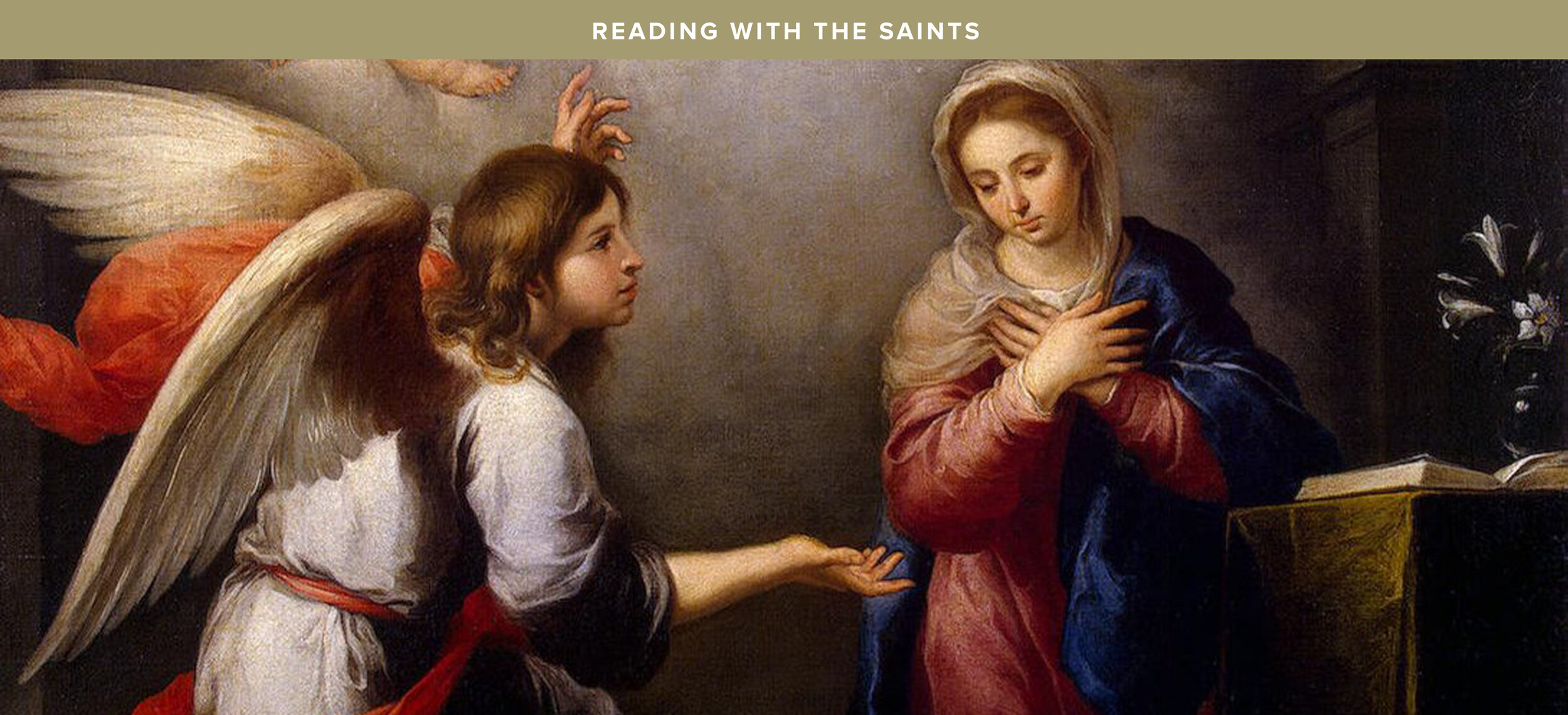Luke 5:16 with St. Bonaventure
“But he would withdraw to desolate places to pray.”
This short verse only appears in the Gospel of Luke, but not in the other gospels. It gives us a profound insight into Jesus’ earthly life and his habit of solitary prayer in seclusion. So often we think of him as surrounded by lots of people, preaching to them and healing them, but his outward ministry was fueled by the inner life of prayer to His Father in secret.
St. Bonaventure notes that unlike most of us, Jesus “didn’t seek human glory or fame, but fled from these.” His habit of prayer “gave us the model of going away from the world and approaching close to God.” To be effective evangelists, we must be authentic witnesses in this regard. And what we do in secret reveals what we really care about. When we pray in secret, all alone with God, we do not gain the approval of other people, influence in the world, financial security or any other material gain. Instead, we prove our love for Him to be genuine.
Bonaventure says, “for prayer to be pleasing to God, it must not be public in the open market, but hidden in the desert.” While we might not be able to go to a literal desert for our prayer time, we can seek out a quiet corner, a hidden nook, a private place to spend time conversing with God alone. Jesus set the pattern for us by seeking out “desolate places” away from the crowds, away from his disciples, so he could be undistracted and fully engaged in prayer.
We can follow his example by setting aside quiet time in a quiet place on a daily basis just for Him. In addition, we can make our prayer “pleasing to God” by seeking out special opportunities for private prayer like weekend retreats, silent adoration and the occasional moment to step in the back of a dimly lit church when no one is around. If we find a way to do these things, we will taste the sweetness of communion, the joy of intimacy and the depth of His love.[1]







